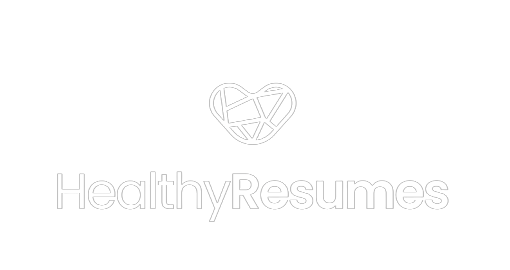If you’re out searching and applying for jobs, you may be asking yourself if you need a cover letter.
The answer is….. it depends! Use this guide to determine if you need a cover letter for your resume or not.
What is a cover letter?
First and foremost, I’d like to just explain what a cover letter is, what it’s not, and what is it used for.
It is a letter of intention usually addressed towards the hiring manager or recruiter who is reviewing your application.
It lets the decision maker know that you are interested in a particular job and gives you an opportunity to explain why you are interested and what makes you a good fit.
It is not a resume. Do not list everything word for word from your resume.
Are cover letters still required?
In my experience, there are far more companies kicking the cover letter requirement to the curb.
With that in mind, in a recent survey of human resources professionals and hiring managers, 25% still require one. In addition, 50% of recruiters and hiring managers prefer to have them.
That’s a big number when you think about it.
Basically, you have a 50/50 chance of getting it right.
Personally, I would err on the side of caution and always include it.
It’s better to include a one and have it be ignored than it would be to not use a one and leave hiring manager who wants a it without one.
Why is a cover letter important?
You should already be thinking of your resume as a marketing tool (use this guide to writing a resume)… but your cover letter is also one.
A well written and impactful letter can really make a difference and show the decision maker you’re willing to go the extra mile.
In particular, a letter of intent is a great way to:
- overcome an unstable work history by explaining (in a professional way) why you moved around so often
- explain a break in employment and connect skills that you gained during your time away with the position you are applying to
- tell a personal story about a connection you may have with the company or your personal reason for getting into that field of work
- increase your odds of landing an interview with a call to action at the end
- showcase some of your top relevant skills for the position that you now have space to explain in more detail – unlike on the resume where it needs to be short and concise
- Mention an employee referral or personal connection you have with someone in their office
Tips for writing a cover letter
By now, I’ve hopefully convinced you that you should be using a cover letter for all your applications.
To make your life easier, here are some of my best tips for writing a cover letter:
- Personalize who you are addressing the letter to. Don’t just say “Dear Hiring Manager”.. do a little investigation (LinkedIn is super useful for this) and try to find the person who posted the job.
- Make sure you customize each letter for each application. As a recruiter, I hate when I get a cover letter saying they are interested in XYZ Company and that company isn’t mine.
- Keep the cover letter to 1 page. Make sure you are filling up the majority of the page. This is not an e-note.
- Match the formatting and header from the resume. This is just an easy thing to do to improve your personal brand and make it look more put together and professional. It helps you stand out!
- Don’t use cliche language like “I believe I would be a great fit for this role because…”, write with confidence and it will be obvious you are a good fit.
If you’re struggling, feel free to reach out for help! Schedule a resume/cover letter review and I’ll provide you with some actional suggestions.
What do you think is the hardest part of writing a cover letter?

